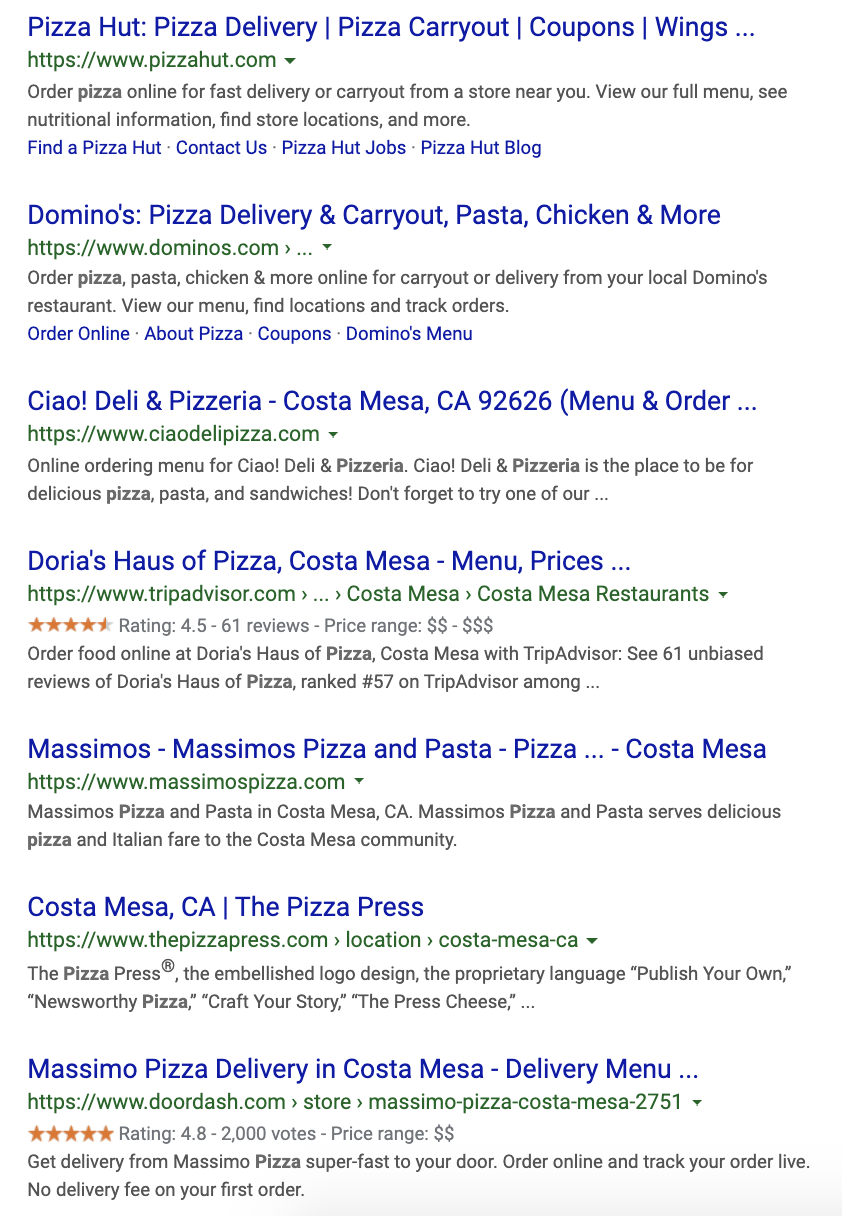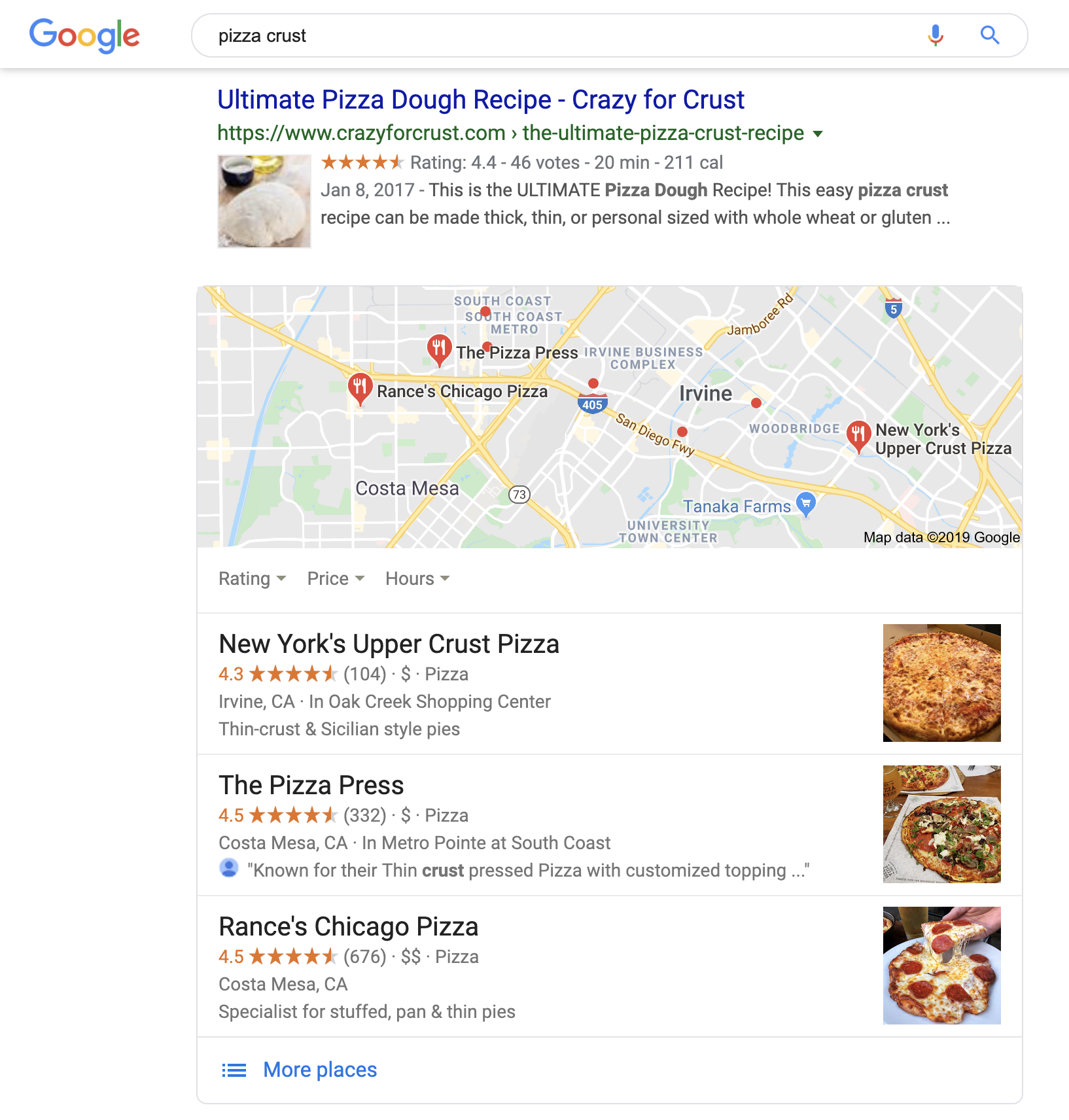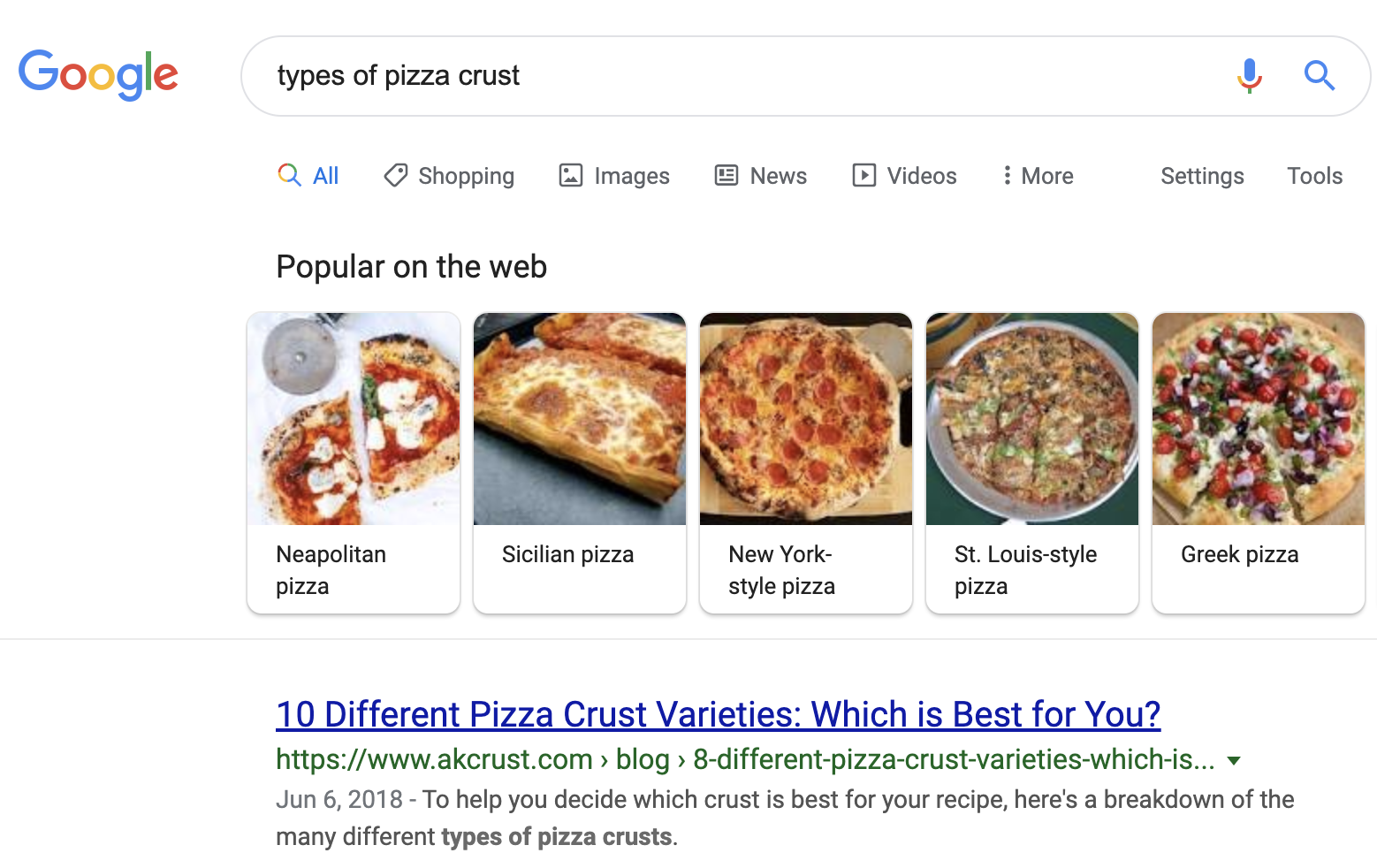There are many great resources out their for keyword research. This includes free keyword research tools, in addition, to countless articles and videos instructing you on how to do the research.
Picking keywords is always fun because there’s opportunity and the search volume to back it up, however, there are some oversights that can cause headaches when conducting SEO campaigns.
Today, I’ll walk you through the factors that will help you decide on the right keywords.
Understanding Keywords
If you have done some educating on keyword research, you will probably be familiar with the following metrics:
- Average Monthly Searches
- Competitiveness/Difficulty
These are the two main metrics that people will use when selecting their keywords. However, the pitfall is that when you are stuck in a keyword research tool, the context of keywords and their relation to search engines can get lost.
That might sound a little unusual. Researching keywords literally involves looking through data from search engines. However, what I’m talking about is how these keywords react in search engines.
The simple fix is to literally google search the keywords you are looking at.
Testing Keywords
Whenever doing keyword research it is extremely important that the keyword is checked for search relevance. The keyword itself may be relevant to your business, but the search context may not.
There are two major areas that search results can vary:
Geographic
Many Google searches are dependent on locality. When you do a Google search for a restaurant or professional services, it will most likely return results that are from the local area.
Local Search Results
There are usually two main giveaways if a search is a local search. First when you do a search, if you see a Google Map Pack, the box that lists 3 – 4 businesses with Google Maps appended, then that is a strong sign that the search is local.
If you do a quick search for pizza, which if you are interested, is my absolute favorite food, you will see that it returns the map pack.
So you know that the search is at least partially treated as local and would require a local SEO strategy. The reason I say that it is partially, is because the Google map pack isn’t the entire Google search. A good example of this is our Orange County SEO page that gives our website a focus in Orange County.
There is information below the Map Pack that you have to verify.
We have to look at the organic search results, which are the standard Blue Text hyperlinks that people are used to with Google.
When we go below the map pack, you will see the following results

Now this search I would say is mostly local. Of course there are national chains like Domino’s and Pizza Hut, but they have local branches, so it qualifies them for local searches. Then we go down the list of search results you will see write in the Title of the search results “Costa Mesa” and even zip codes. (Obviously, some SEO is being done)
Where this all comes together is that if you happen to be a brick and mortar pizza shop with the aim of competing locally, this would be a good search term to be ranking.
If you happen to be a supplier of pizza ingredients, this would be a bad search term. Your online marketing goals first off are to be probably found all over the globe (or whatever country you are based out of). Competing for this term would be irrelevant because you don’t care about fighting locally and Google is treating the search as if someone is looking to buy a pizza.
You’d have to dig deeper into your keyword research to get a better idea of keywords that are a better fit.
Here are examples of search terms that are not local
Hybrid – “Pizza Crust”
This is an interesting search result and it is what we consider a hybrid. If you do a google search for “Pizza Crust” you will see that the search results are mostly pizza crust recipes. This means that they have zero locality to them.
The recipes are more informational and not geographically restricted.
Now where this search gets a bit more complex is that there is a Google Map Pack. That communicates to us that Google isn’t 100% sure about this search (or they may know what their doing, their smart people).
Regardless, they are treating the search as a hybrid, partly informational, partly local. So as a pizza shop, it would still be a good target, albeit not a priority target.

National – “Types of Pizza Crust”
If you were to type in “types of pizza crust” you could see a good example of a search term that is not bound to any geographic area. There is no map pack and if you look at the search results, there is no local business that appears.
These type of searches are better for businesses that may be competing on a wider scope geographically, whether throughout the country or the globe.
Back to the pizza shop, not a good search result.

That is one area of search results that you need to ensure match your business goals. Don’t restrict yourself to a local geographic keyword if the business has a much larger scope. If your campaign is geographically constrained then don’t bother competing for informational/national keywords that even if you rank for will not move the needle.
Intent
Intent is another aspect of keyword research that I find most businesses completely overlook. Let’s jump into another example. Depending on your business, you may have different targets for your SEO campaign.
However, it’s going to be important that you understand the different type of search results and which you should be going for.
Measure Twice, Cut Once
Keyword research is one of the areas of SEO that can be a drag. When I work with clients they are often antsy and excited to get going, to get executing. However, it’s the old adage of measure twice and cut once. Now I am not someone who works with any handyman tools but I do think that this is something that marketing teams should think about before starting an SEO campaign.
Don’t get caught up in the keyword research tools. They are amazing, but they are made to research and discovery. Make sure to do the testing, plug keywords into Google and ensure the search results match the intent and scope of your marketing campaign.
Now I’m sure there are things I may have left off, Google is always evolving and you will find the most interesting niches. Drop a comment, let me know what you have seen!
